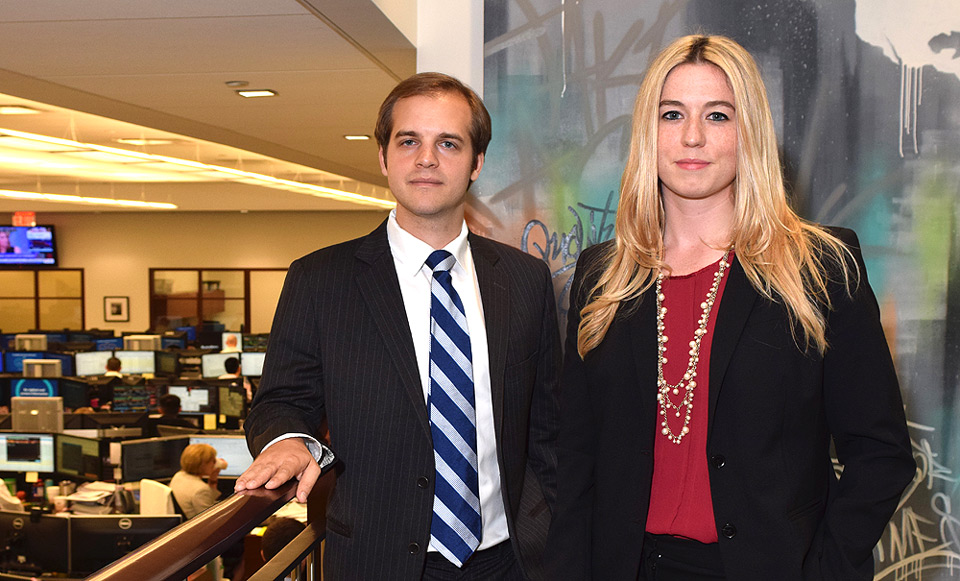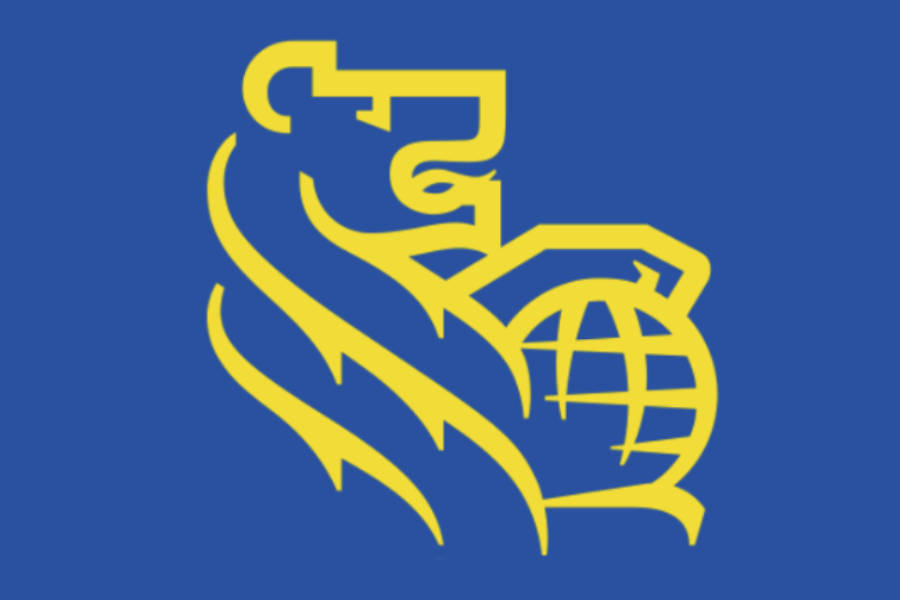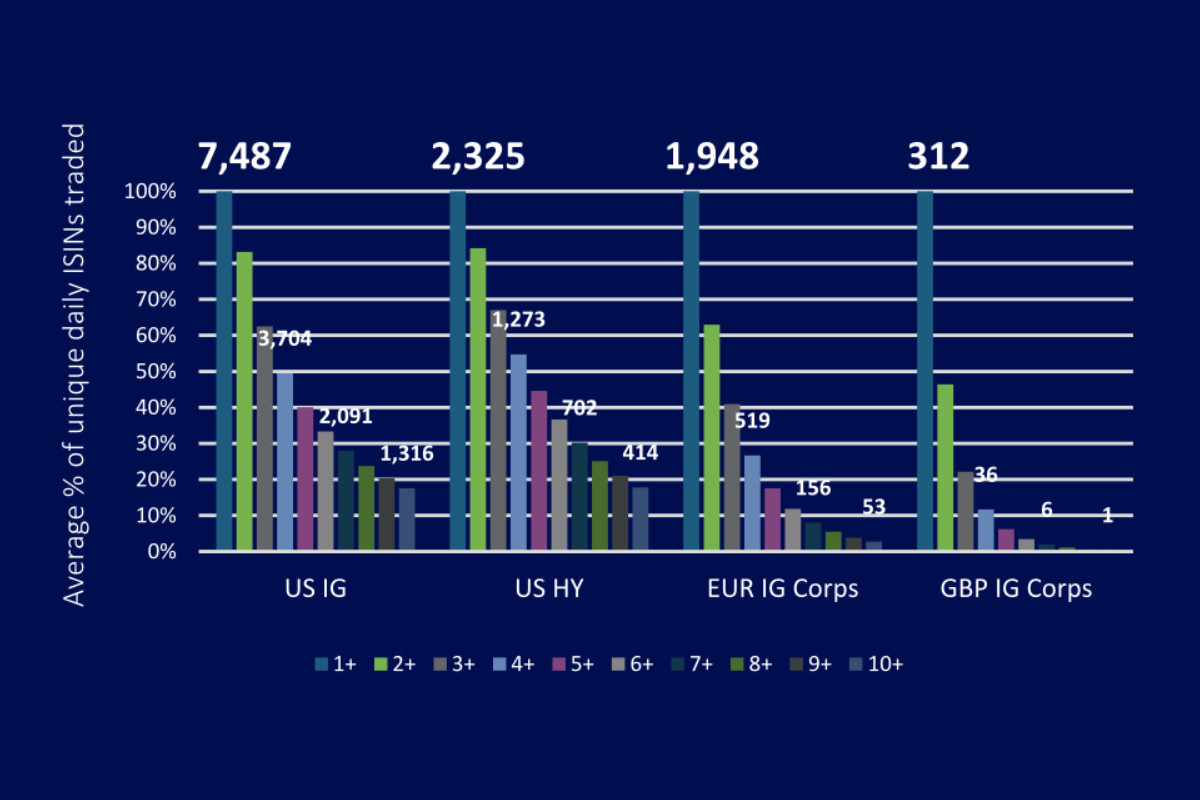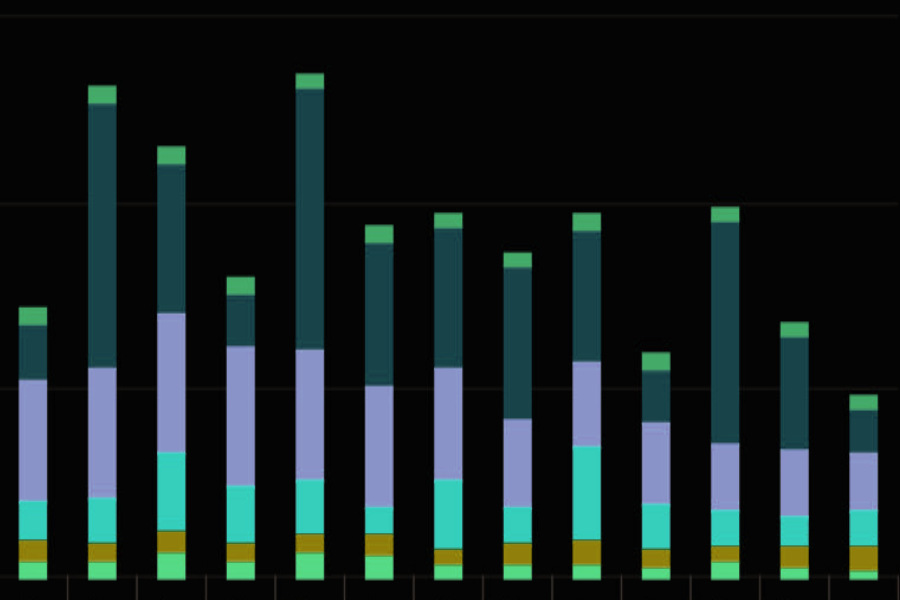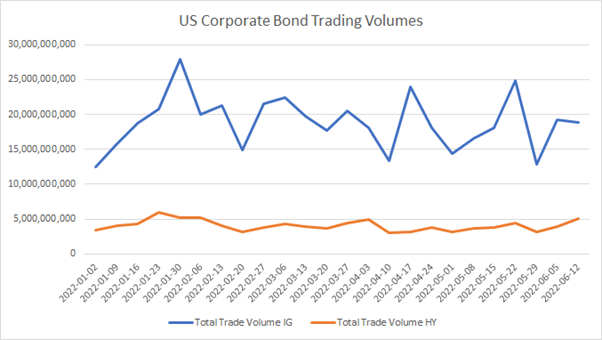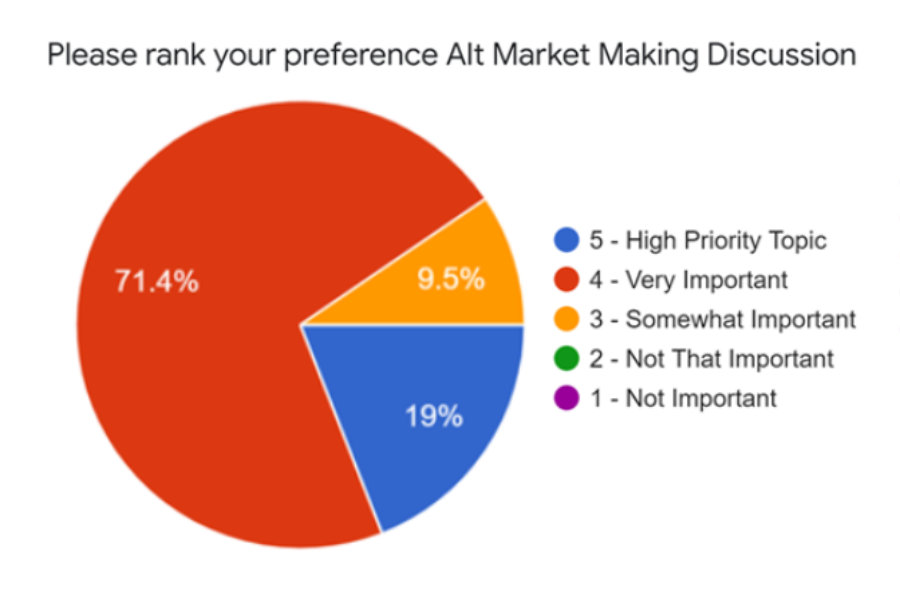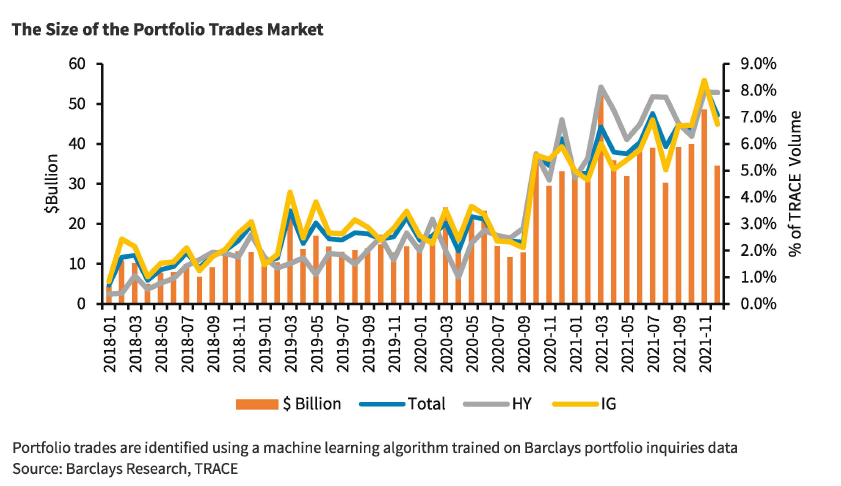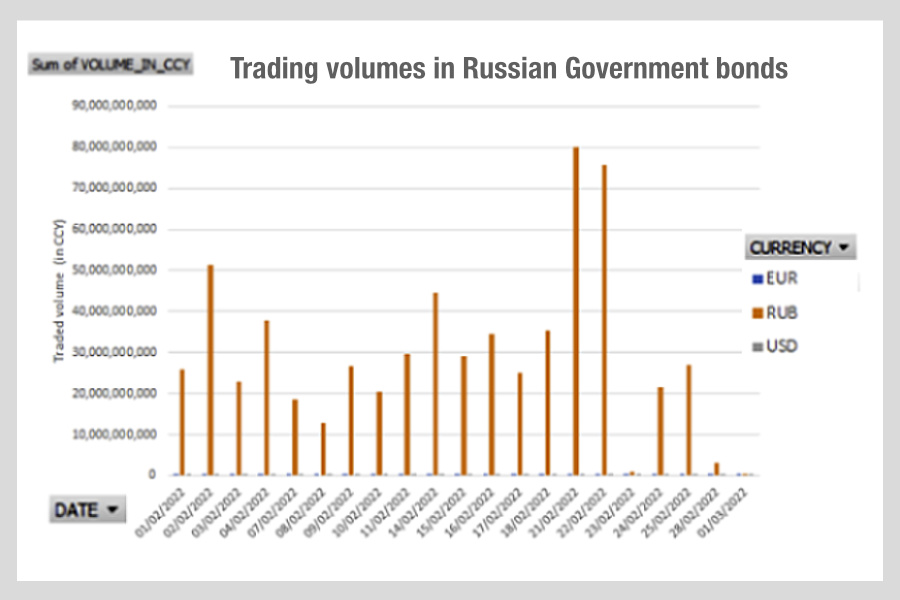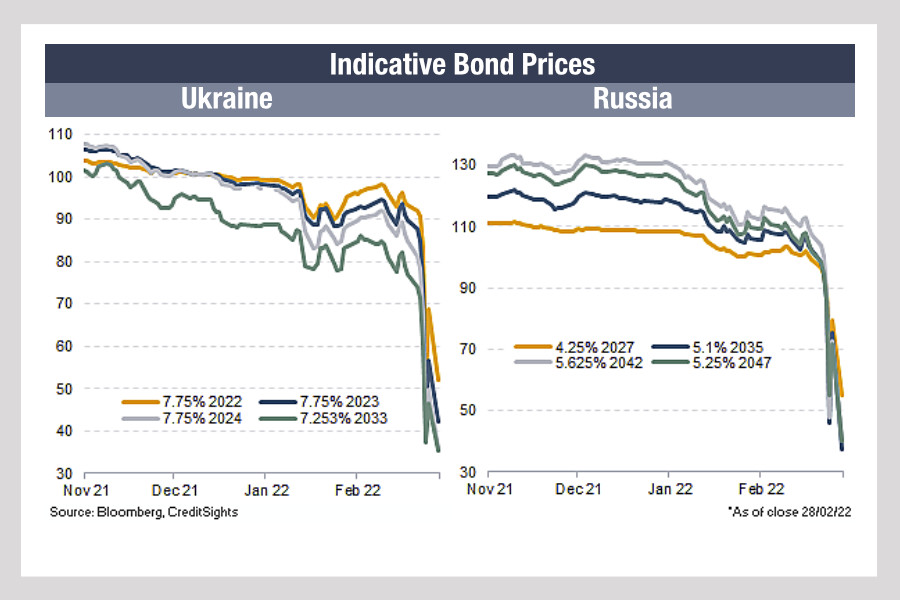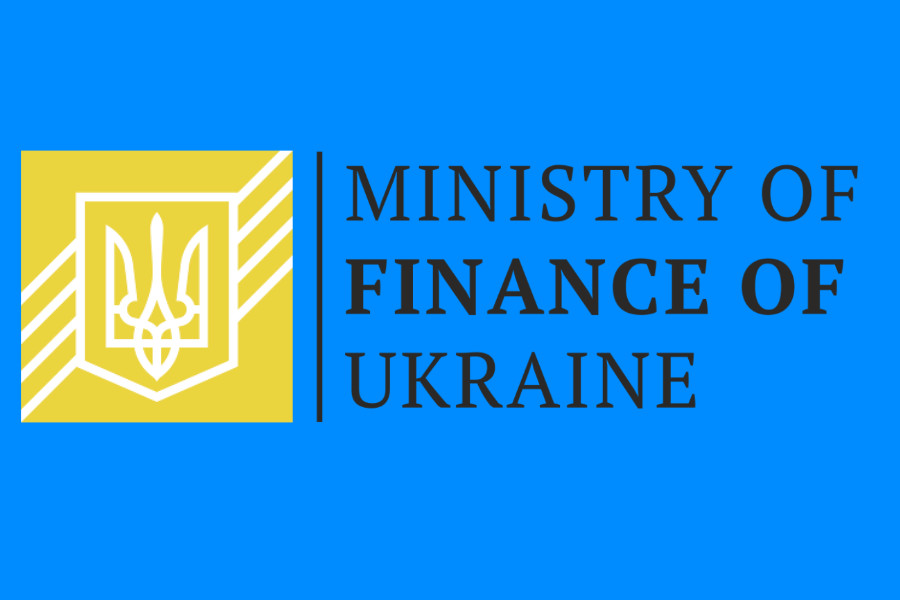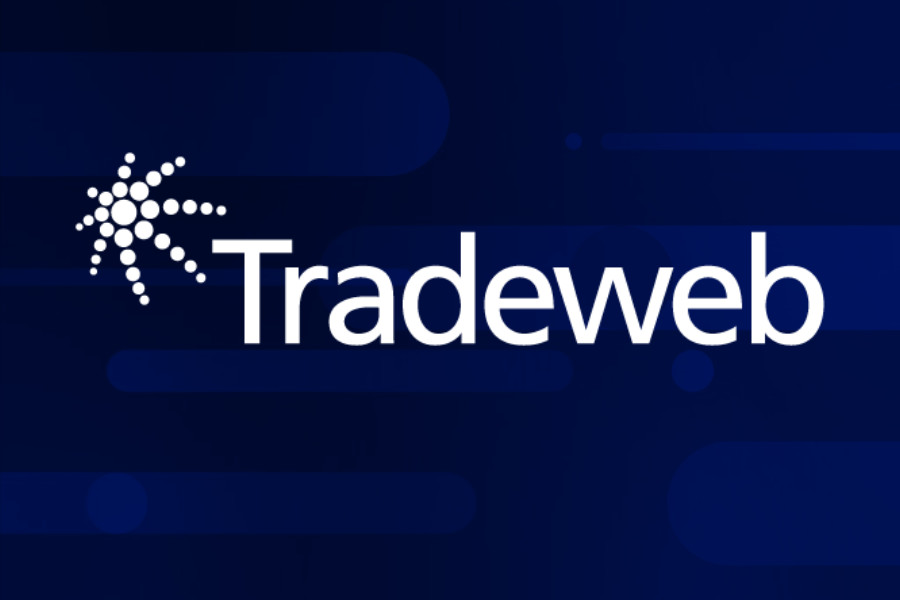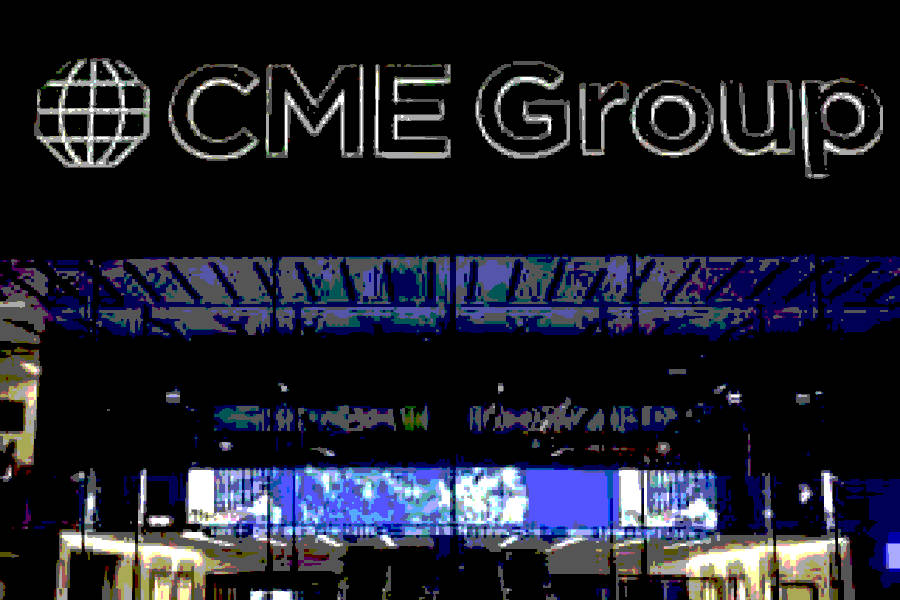The European Commission has found that Bank of America, Natixis, Nomura, RBS (now NatWest), UBS, UniCredit and WestLB (now Portigon) have breached EU antitrust rules through the participation of a group of traders in a cartel in the primary and secondary market for European Government Bonds (EGB).
Fines totalling € 371 million have been imposed on Nomura, UBS and UniCredit. NatWest was not fined as it revealed the cartel to the EC. Bank of America and Natixis were not fined either because their infringement falls outside the limitation period for imposition of fines. Portigon, the legal and economic successor of WestLB, received a zero fine as it did not generate any net turnover in the last business year which served as a cap to the fine.
According to the EC the seven investment banks participated in a cartel through a group of traders working on their EGB desks and operating in a closed circle of trust. These traders were in regular contact with each other mainly in multilateral chatrooms on Bloomberg terminals. In these chatrooms, the relevant traders exchanged commercially sensitive information. They informed and updated each other on their prices and volumes offered in the run up to the auctions and the prices shown to their customers or to the market in general. They discussed and provided each other with recurring updates on their bidding strategy in the run up to the auctions of the Eurozone Member States when issuing Euro denominated bonds on the primary market, and on trading parameters on the secondary market.
The conduct partially took place during the financial crisis and more specifically between 2007 and 2011, and affected the entire European Economic Area (EEA).
The behaviour of the seven banks was found to have violated European Union (EU) rules that prohibit anticompetitive business practices such as collusion on prices, via Article 101 of the Treaty on the Functioning of the European Union and Article 53 of the EEA Agreement.
Oliver Blower, CEO of surveillance system provider VoxSmart, said, “Whilst firms have improved their surveillance capabilities in recent years, trader conversations are becoming increasing multidimensional. In an asset class as complex as fixed income, an increasing amount of financial jargon is used between traders across multiple instant messaging and social media channels, which makes it much harder for compliance teams to locate and detect suspicious behaviour. Unless a financial institution has full context into how and why a certain product was originated and traded as well as robust data capture and processing capabilities, then they will only ever have half of the story.”
Executive vice-president of the Commission, Margrethe Vestager, in charge of competition policy said, “A well-functioning European Government Bonds market is paramount both for the Eurozone Member States issuing these bonds to generate liquidity and the investors buying and trading them. Our decision against Bank of America, Natixis, Nomura, RBS, UBS, UniCredit and WestLB sends a clear message that the Commission will not tolerate any kind of collusive behavior. It is unacceptable, that in the middle of the financial crisis, when many financial institutions had to be rescued by public funding these investment banks colluded in this market at the expense of EU Member States.”
Bank of America Merrill Lynch, Crédit Agricole, and Credit Suisse were recently fined €28.5 million for breaching EU antitrust rules as part of a four-bank cartel in the secondary trading market within the European Economic Area of Supra-sovereign, Sovereign and Agency (SSA) bonds.
©Markets Media Europe, 2021
TOP OF PAGE


















